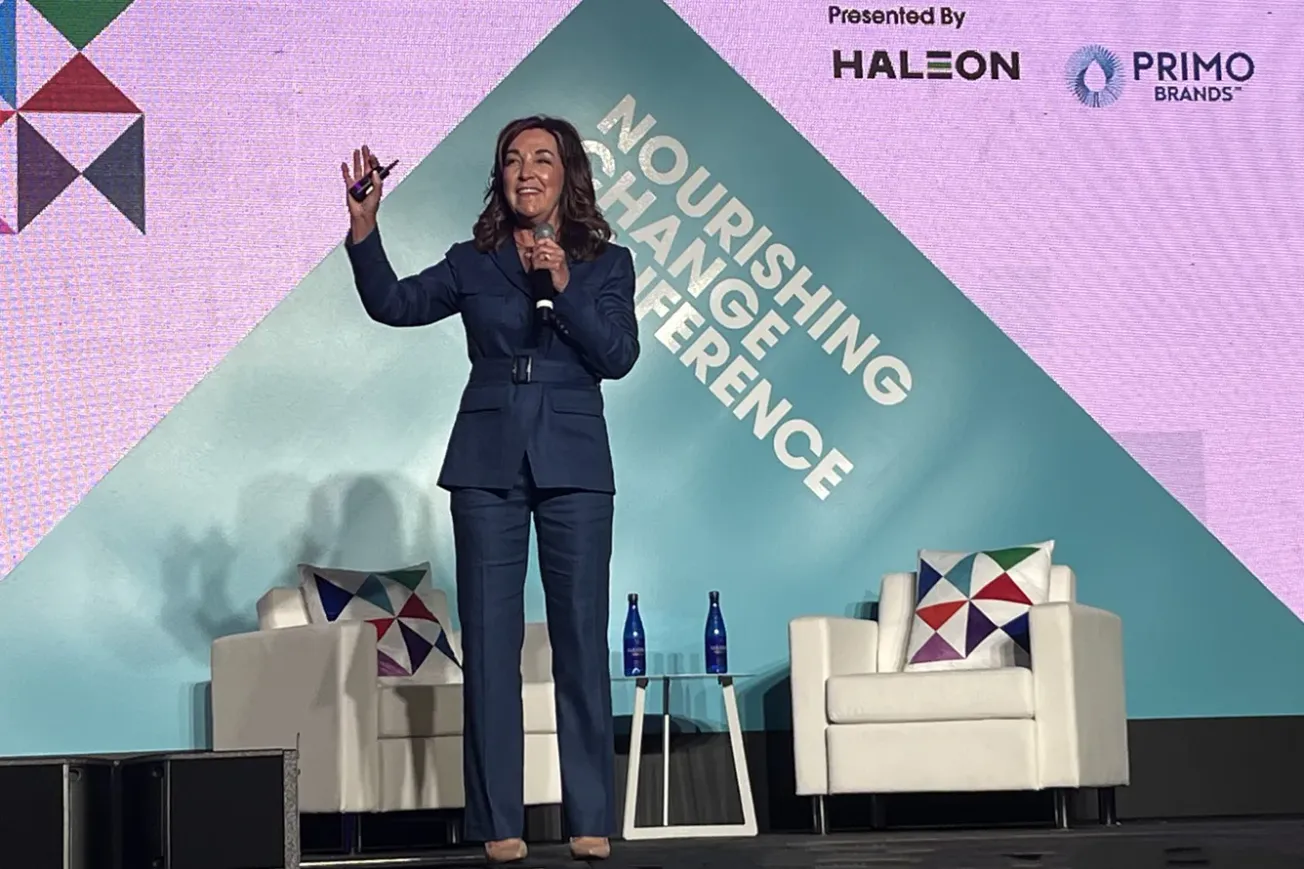NEW YORK — In a memo to employees this week, Rite Aid Corp.’s top executives appear to acknowledge that the company’s acquisition by Walgreens Boots Alliance (WBA) may not be cleared by the Federal Trade Commission.
“We remain actively engaged in discussions with the FTC to attempt to gain regulatory approval, and there can be no guarantee that the merger will be approved. However, we expect a decision sometime soon,” John Standley, chairman and chief executive officer, and Ken Martindale, CEO of stores and president, said in the June 5 memo, contained in a Schedule 14A filing with the Securities and Exchange Commission.
It has been nearly 18 months since WBA and Rite Aid unveiled what was then a $17.2 billion deal, including the assumption of over $7 billion in debt.
The companies amended the merger agreement on Jan. 30, lowering the purchase price and extending the deal end date to July 31. The revision reduced the cash portion of the transaction to between $6.84 billion and $7.37 billion, depending on the number of stores divested. The amendments also require approval from Rite Aid shareholders.
Then on May 8, WBA and Rite Aid announced that they had “certified substantial compliance” with the FTC for the proposed merger, meaning that they had provided the information needed to determine if the Walgreens-Rite Aid merger is antitrust-compliant. The move gave the FTC 60 days to complete its review and decide if it would allow the transaction to proceed, enter into a settlement with the companies or block the deal.
“The Federal Trade Commission’s review of our proposed merger has taken longer than expected, which has had a negative impact on our results,” Standley and Martindale said in the memo. “As a management team, we regret that this has created uncertainty and a challenging work environment for all of us at Rite Aid. We greatly appreciate the dedication you’ve displayed during this time and your tremendous efforts to serve our customers and support our fellow Rite Aid associates.”
In reporting Rite Aid’s fiscal 2017 results in late April, Standley said WBA and Rite Aid remained “actively engaged” in talks with the FTC and expressed confidence that the merger was in the best interest of Rite Aid shareholders. He also noted that the lengthy review process was hurting Rite Aid’s financials and that the company planned to take steps to shore up its results.
“We also continue to work diligently in reviewing our strategy and making necessary changes to improve our performance,” Standley and Martindale said in the June 5 memo. “Our Rite Aid team has worked hard over the past few years to develop a robust health and wellness platform that is both strong and unique in the retail drug store space. We will continue to build from this strong foundation as we also focus on operational efficiency, investing in growth opportunities and delivering a consistently outstanding experience to our customers and patients.
“We will provide updates regarding the merger as we can,” they added. “As we near a resolution, we want to again thank you for your outstanding efforts.”
Meanwhile, the long review process has compelled WBA to redeem $3.5 billion in notes from a debt offering, announced in May 2016, made to help fund the Rite Aid acquisition.
WBA said in a June 2 8-K filing with the SEC that it would redeem $1.25 billion in 1.750% notes due 2018, $1.5 billion in 2.600% notes due 2021 and $750 million in 3.100% notes due 2023, which the company issued on June 1, 2016. “The company is required, because the pending acquisition of Rite Aid Corp. was not consummated on or before June 1, 2017 (the first anniversary of the issuance of the notes), to redeem all of the notes,” the filing stated.
Also in the filing, WBA noted that it remains able to finance the acquisition despite the redemption of the notes, which was completed on June 5, and that there’s no guarantee the FTC will clear the merger transaction.
“The company expects to have sufficient available resources from its cash, investment balances and availability under existing credit facilities and arrangements to consummate the pending acquisition of Rite Aid and, accordingly, does not currently plan to issue additional securities to replace the notes being redeemed,” WBA stated in the SEC filing. “The transaction remains subject to the expiration or termination of applicable waiting periods under the Hart-Scott-Rodino Antitrust Improvements Act of 1976, as amended, approval by the holders of Rite Aid’s common stock and other closing conditions, and there can be no assurance that these conditions to closing will be satisfied.”
The FTC’s decision on the WBA-Rite Aid deal also will impact Fred’s Inc., which last December entered into a $950 million deal to acquire 865 Rite Aid stores in connection with the merger. Fred’s also agreed to buy up to 1,200 Rite Aid stores if the FTC increased the number of store divestitures needed for antitrust approval.






